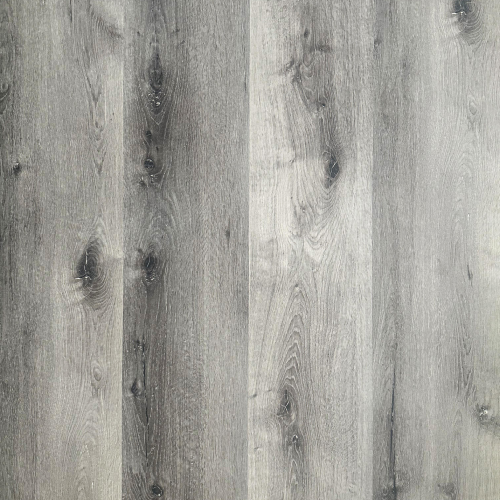
Probate in NSW is a legal process in which a court supervises the distribution of a deceased person’s assets. While probate is primarily concerned with transferring property to heirs and beneficiaries, it can also have significant tax implications. In this blog, we will explore how probate affects taxes, including estate, income, and gift taxes, and how to minimise tax liabilities.
What are the Different Probate Taxes, and How to Minimise them?
1. Estate Taxes
Estate taxes are taxes on transferring property from a deceased person’s estate to their heirs and beneficiaries. The federal estate tax applies to estates with a total value over a certain threshold. It means that most estates are not subject to federal estate taxes. However, some states have estate tax laws that may apply to smaller estates.
One way to minimise estate taxes is to plan. By making gifts during your lifetime, you can reduce the value of your estate and, therefore, the amount of estate taxes that will be owed. There are also a variety of estate planning strategies, such as setting up trusts, that can help minimise estate taxes.
2. Income Taxes
Probate in NSW can also affect income taxes. When a person dies, their assets receive a step-up in basis to their fair market value at the time of death. If an asset is sold after the person’s death, the capital gains tax is based on the difference between the fair market value at the time of death and the sale price. It does not depend on the original purchase price.
For example, if a person bought a stock for $10,000 worth $20,000 at the time of their death, their heirs would receive a step-up based on $20,000. If the reserve is sold for $25,000, the capital gains tax is based on the difference between $20,000 and $25,000 rather than the original purchase price of $10,000.
It’s important to note that not all assets receive a step-up in basis at the time of death. For example, assets in a revocable living trust do not receive a step-up. It’s also essential to keep careful records of purchases sold after a person’s death, as the step-up in basis can be easily lost if the proper documentation is unavailable.
3. Gift Taxes
Probate in NSW can also affect gift taxes. Gift taxes are taxes on property transfers during a person’s lifetime. Each person can give a certain amount of gifts tax-free yearly. If a person gives gifts above this amount, they may be subject to gift taxes. However, most people will not be subject to gift taxes as a lifetime exemption.
One way to minimise gift taxes is to make gifts during your lifetime. By using the annual exclusion and the lifetime exemption, you can transfer a significant amount of wealth tax-free. It’s also essential to keep careful records of any gifts you make, as the lifetime exemption can only be recovered if the proper documentation is available.
4. Charitable Giving
Charitable giving can be an effective way to minimise estate taxes and income taxes. If you donate assets to a qualified charity, you can take a charitable deduction on your income taxes. Additionally, if you leave assets to a charity in your estate plan, they may be exempt from estate taxes. It’s essential to work with a qualified estate planning attorney to ensure that your charitable giving strategies are structured in the most tax-efficient manner.
5. State Inheritance Taxes
In addition to federal estate taxes, some states also have inheritance taxes. These taxes are based on the value of the assets that pass to each beneficiary rather than the estate’s total value. The tax rates and thresholds vary by state, so it’s essential to consult with an attorney familiar with your state’s laws. Sometimes, it may be possible to structure your estate plan to minimise or eliminate state inheritance taxes.
6. Valuation of Assets
The value of your assets can significantly impact estate taxes and probate in NSW. It’s important to accurately value your assets, including real estate, investments, and personal property, to ensure you pay appropriate taxes and undervalue your estate. A qualified appraiser can help you determine the fair market value of your assets.
7. Trusts
Trusts can be an effective tool for minimising tax liabilities and avoiding probate. Assets held in a trust are generally not subject to probate in NSW and may be exempt from estate taxes depending on the type of trust. Additionally, trusts can be structured to provide income to beneficiaries without triggering income taxes. Working with a qualified estate planning attorney is essential to determine if a trust suits your situation.
Conclusion
Probate in NSW and taxes are closely intertwined, and it’s essential to consider the tax implications when creating an estate plan. By working with a qualified estate planning attorney and using appropriate strategies, such as making gifts during your lifetime and donating to charity, you can minimise tax liabilities and ensure that your wishes distribute your assets. Additionally, keeping careful records and documentation is essential to ensure you can take advantage of all available tax benefits.
To learn more ways to minimise the tax implication of probate, speak to experts from Probate Consultants today! They have years of experience guiding people seeking probate and can help you clear your queries. They can also help you understand the tax liabilities of probate better!





